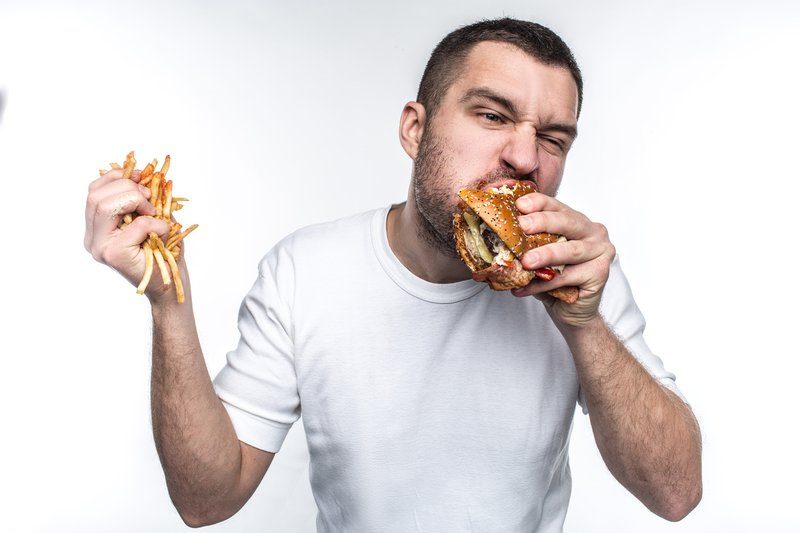How to prevent overeating during lockdown
Updated | By Poelano Malema
Dietitian
Michelle Hawksworth shares tips and healthy food choices that can help you feel
fuller for longer and avoid overeating.

Millions of people are staying home due to the lockdown that is currently underway in South Africa to help curb the spread of the coronavirus.
Being at home can result in eating more than is necessary leading to weight. We spoke to Michelle Hawksworth, a Registered Dietitian based in Johannesburg on how people can prevent overeating.
Michelle says it is very important to plan your meals ahead of time.
“Try plan your meal and snacks before the day starts. This will help you control what you are going to eat and will help prevent you from eating junk food,” she says.
She adds that in your planning, you should include the portion sizes which will give you more control over how much you are going to eat.
READ: Genes, yes, but obesity pandemic mostly down to diet: study
Michelle says half of your plate should be made up of fruits and vegetables including salad. The other half should have a quarter meat and a quarter starch.
One of the things that can lead to unhealthy eating or overeating is when there is plenty of junk food available in the house.
Michelle says this can be prevented by only shopping for essentials. She says it is important to plan your grocery list. This will not only save you money, but it will prevent you from buying unnecessary food items that can later tempt you.
On how much should one eat, Michelle says it is important to check the portions and the type of food you are eating.
“Try stick to small frequent meals. Have breakfast, snack, lunch, snack and supper- this will help keep you full.”
“Increase your fibre intake and have low GI options. This can be done by including nuts, home cooked popcorn, fruits and vegetables, sweet potatoes, brown rice, whole grain bread, whole grain pasta and low-fat yoghurt.”
Nuts, home cooked popcorn, low fat yoghurt and fruits, and vegetables are great items for snacks.
READ: Is it wrong to feed your cat a vegan diet?
For your fruits and vegetables, Michelle suggests that those that can be eaten with the skin on will be preferable to increase your fibre intake.
“It will increase your fibre and will keep you fuller for longer,” she says.
For meals Michelle advises Low GI foods such as sweet potatoes, brown rice, whole grain bread, whole grain pasta, legumes and lentils.
Lastly, Michelle says it is good to have someone you can be accountable to when it comes to what you are eating.
“Have an accountability partner, preferably someone in isolation with you, who is going to help keep you accountable,” she says.
To make it fun, Michelle says you can plan your meals and portion sizes together.
READ: "The banting diet is dangerous," warns dietitian
Show's Stories
-
Proof that children mirror what they see adults doing
This kid tries to drink water like a tequila shot...
The Workzone with Alex Jay 1 year, 7 months ago -
If you fail your driver's exam, don't do what this man did
A man who failed his driver's exam decided to hire a 'body double' to at...
The Workzone with Alex Jay 1 year, 7 months ago